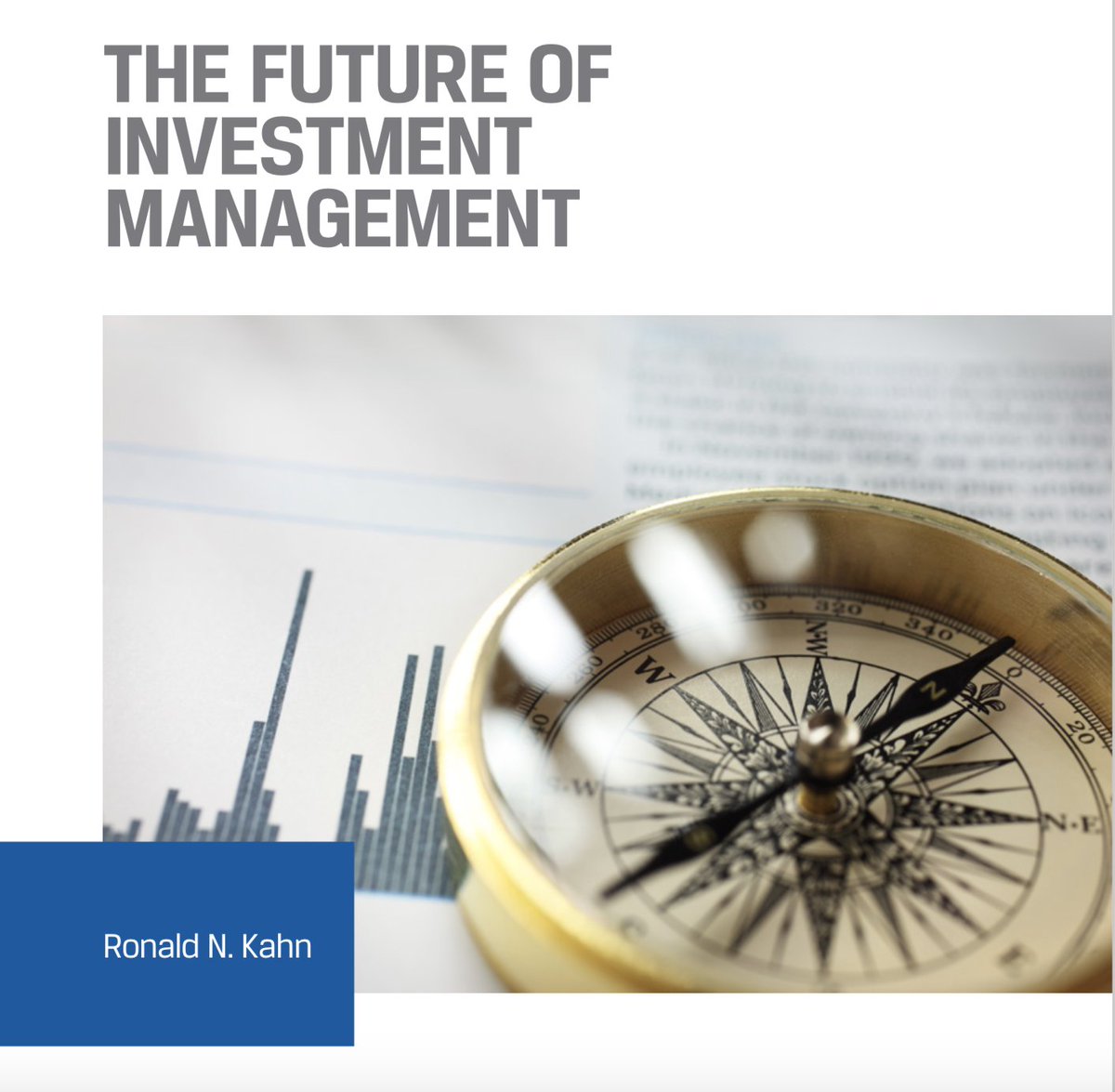Traditional theories assumed workers were pre-systematic.
The job of management was to provide a systematic framework within which employees worked, prototypically in manufacturing.
Systematic executives could then optimize operations using rational, often mathematical, methods.
It means rethinking the mindset of the company, because otherwise you find yourself weighed down by “how we do things” & unable to react.
This is now almost conventional wisdom, and considered best practice
Meta-systematic management is widely admired in theory, but putting it in practice is difficult, and not so common even in tech.
Even then, the assumption remains that employees can only function systematically.
That means that the company’s overall operation is still systematic, albeit with leaders injecting frequent doses of structural change.
They can’t have sufficiently intimate knowledge of the details of their employees’ work—which may be even more subject to VUCA than the company overall.
That is, management needs to delegate continuous reformation of parts of the company to the employees who get it
No one knows how to structure organizations in the whitewater world; there are no longer any standard principles that work reliably.
Effective organizational functioning has to be a collaborative improvisational dance with the environment, figuring it out together as you go along.
Ideally, every employee should contribute to the continual redefinition what the company is and how it functions.
Realistically, most can’t do that today.
The capacity must be developed.
This makes for what Robert Kegan and his collaborators call a deliberately developmental organization.
The deliberately developmental approach is not easily put into practice, but there’s a growing enthusiasm for it & increasing bodies of theory & practical resources
Some venture capitalists say that startup success depends more on the cofounder relationship than any other factor.
It can be their main reason for choosing to invest, or not, in a founding team.
So, many resources aim to help strengthen these relationships: blog posts, podcasts, coaching, and bootcamps.
However, many may not have developed to systematicity in their emotional lives and relationships.
However, many may not have developed to systematicity in their emotional lives and relationships.
- Don’t let conflicts or resentments fester.
- Fight fair; disagree constructively.
- Make sure everyone’s concerns are taken into account
- Negotiate explicitly abt who has responsibility for which decisions
- Let go of your ego & don’t insist on proving you are right all the time
It’s too basic for someone who’s gained some maturity from several years work experience, perhaps in a team leadership role.
Putting coherent organizational systems in place is the main job of scaling.
Or, to bring in technical expertise in building systematic administration, which the founders lack.





